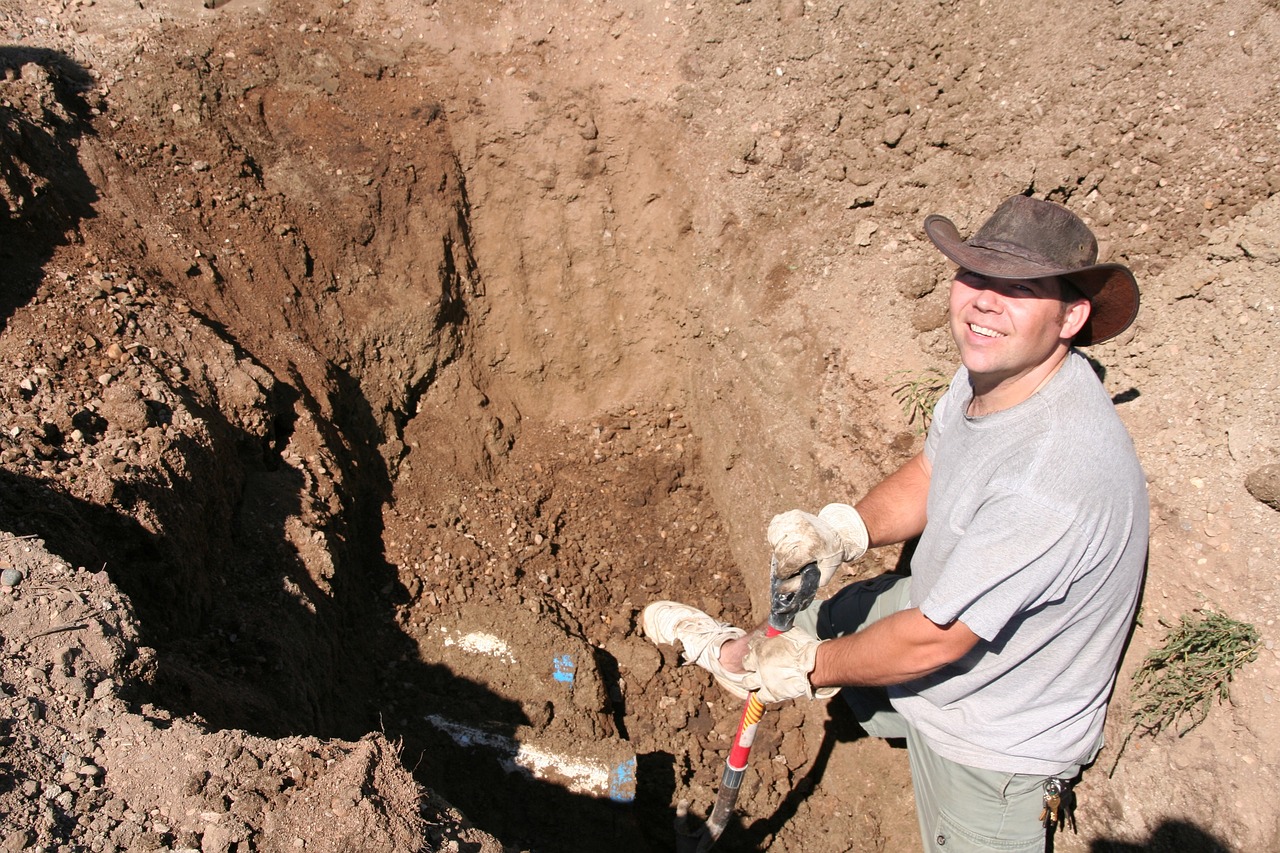The village had no water. A government expert advised the villagers to each dig a well in their back yards, to get water for their daily needs.
One villager starting digging, but after one hour, when he became hungry, he went in search of a good restaurant. After lunch he continued to the pub and joined some friends for a drink.
A second villager was making excellent progress, and had created a waist-deep hole already by lunchtime. He had arranged for food to be delivered, so didn’t need to leave his work when he became hungry. Shortly after lunch, however, with a jolt and a ringing sound, his spade struck solid rock. Realising the rock was larger than his hole, there was nothing for it: he had made a good attempt, but now would have to abandon the project.
Another villager had planned to start work early, but at 6am, had been called in to work. Another ceased digging because he didn’t have a hat: his doctor had cautioned him to always wear a hat under the hot sun. Another stopped when his son asked him to come and kick a ball around.
After two days, all had forgotten about digging – except one. Heeding the advice of the government expert and committed to his task, he continued, enduring heat and hunger, pounding through rocks, ignoring all temptations, distractions, and the demands of others. After two weeks, in the dead of night he reached a spring of cool, clear water. The spring didn’t need to be pumped; it flowed eagerly to the surface, where a series of pipes were installed to distribute the water to the entire village and beyond, free for all.
Many folks moved to the village from all around. The village prospered. All were happy.
